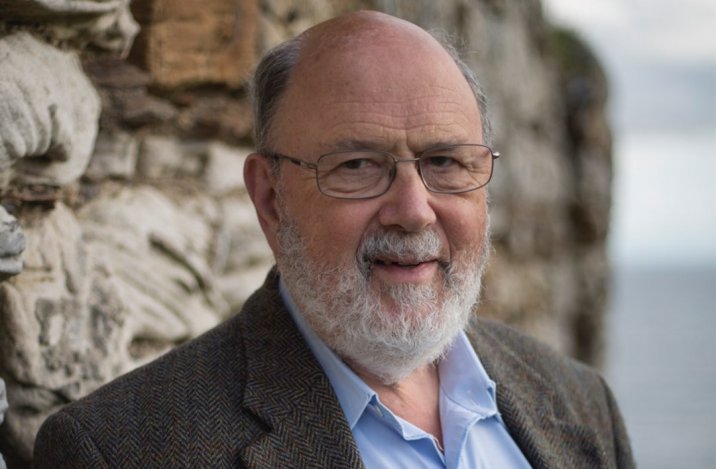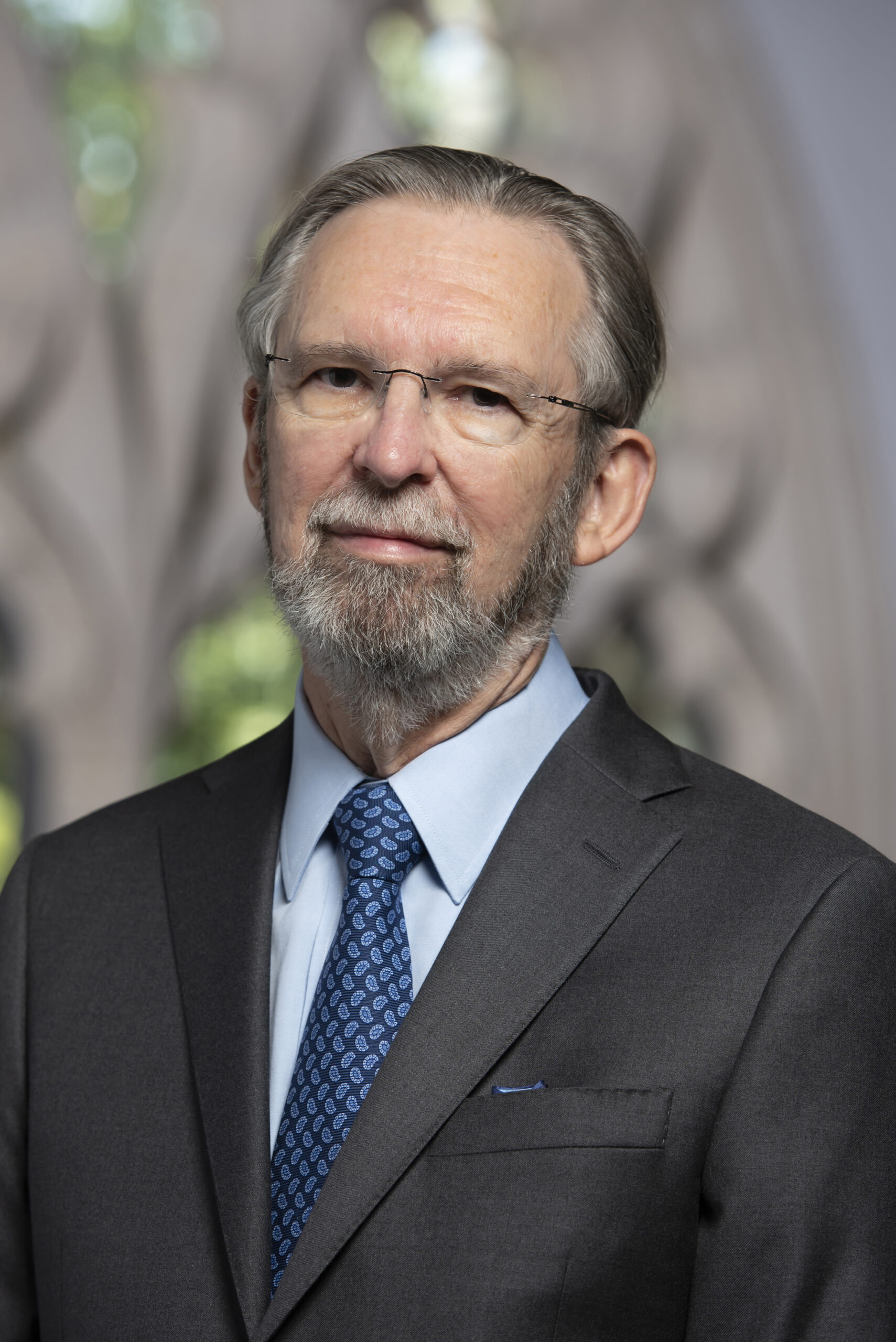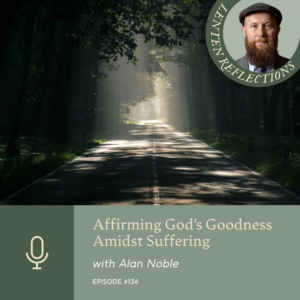Evening Conversation with NT Wright and Richard Hays | February 24
February 24, 2016
Overview
Speakers
-
 N.T. WRIGHT
N.T. WRIGHT -
 RICHARD HAYS
RICHARD HAYS -
 CHERIE HARDER
CHERIE HARDER
SHARE

